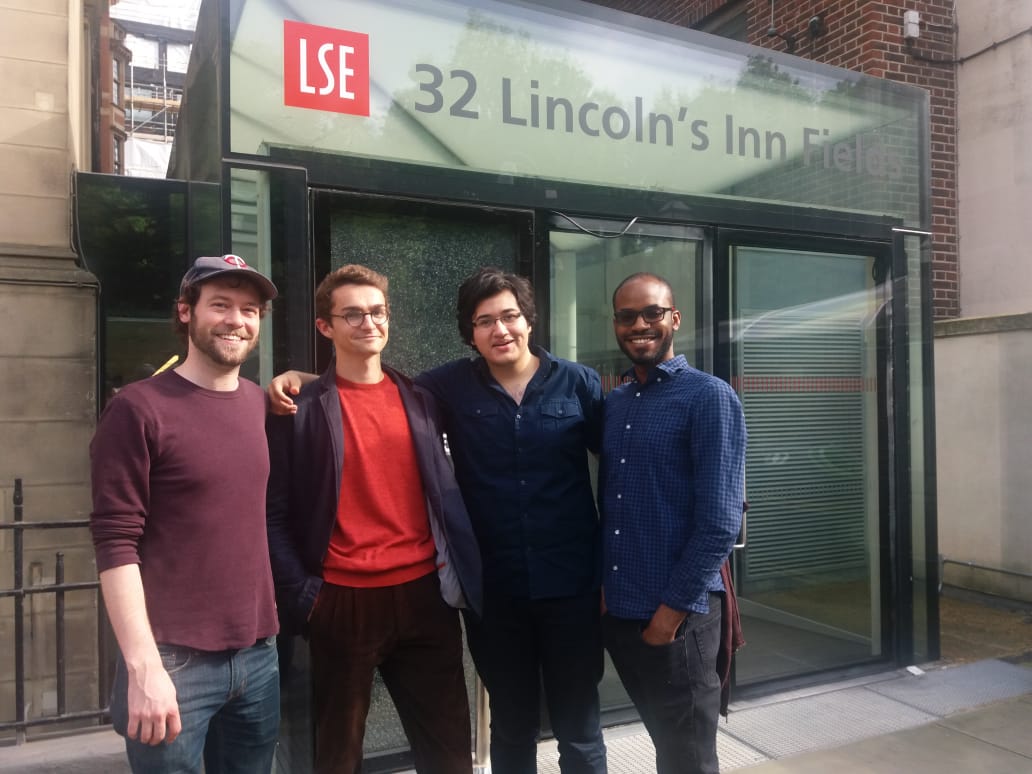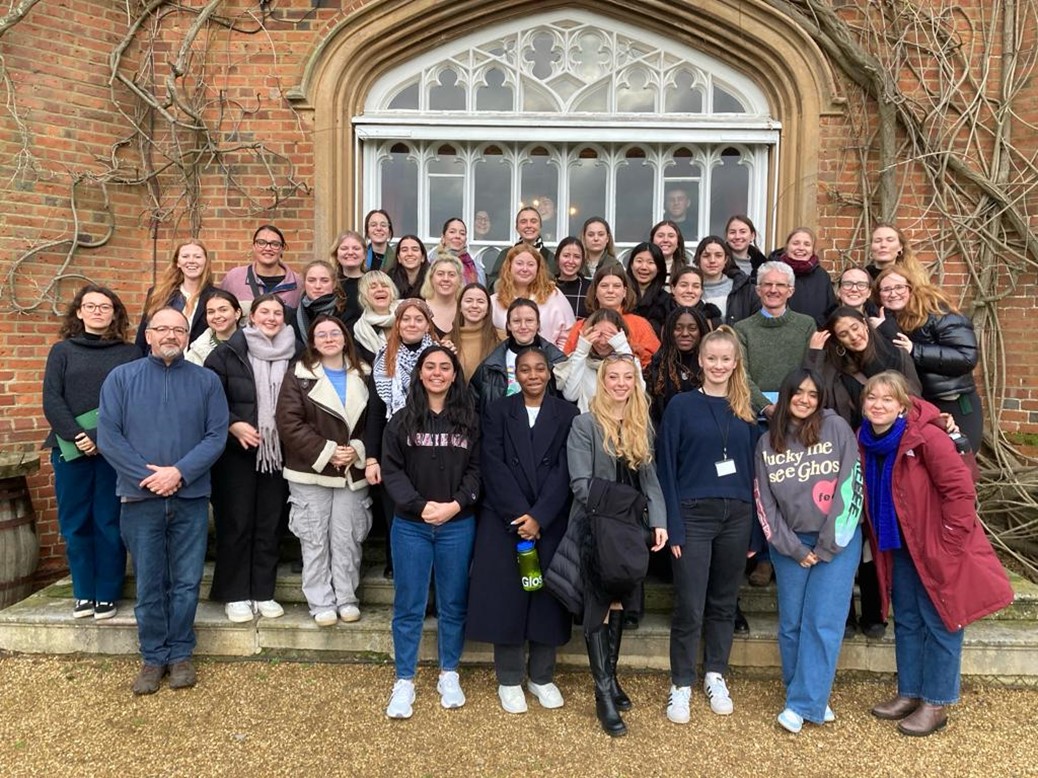Professor of the Political Economy of Development and Co-Programme Director of the MSc in Development Management Jean-Paul Faguet shares his perspective on generalist versus specialist approaches to Master’s study and career paths.
This is the time of year when students are immersed in choosing their options, scouring courses across the department and, indeed, the entire university. That’s a good thing. The LSE has so many wonderful courses – you could spend years studying here and not exhaust them. But let me suggest that you step back for a moment and think of what your overall degree looks like, and the different ways in which it might prepare you for your future.
There are broadly two paths you can take with your MSc: generalist and specialist. A generalist is someone with a flexible, open mind who knows enough about a broad variety of things that she can make sense of different problems and situations, and is able to juggle different tasks more or less simultaneously. A specialist is someone who knows a great deal about one focused thing, brings together a number of complementary skills that make her good at that, and has a personality that prefers to do one thing at a time, carefully and well, before moving onto the next thing.
Perhaps an example helps. In my 20s, I went to work for the World Bank in Bolivia. I had a Masters not unlike the MSc in Development Management (but less good), and was full of energy and enthusiasm. Just as well, because my job was to supervise implementation of projects in health; education; the creation of an environmental sector (complete with ministries, agencies, and legislation); creation of a new civil service; an early childhood development project; highway construction; and Bolivia’s famous Social Investment Fund. I was a generalist. I might start a typical day with a meeting at the health ministry, then lunch with the Social Investment Fund, approve contracts for the environment project after lunch, and interview budding civil servants in the late afternoon.
To be good (I’m not sure I was), a generalist needs to think fast on his feet, have a flexible mind, enjoy working on fundamentally different tasks in different areas, and have good judgment, especially about people. A generalist contributes a little to a lot of different things (although that ‘little’ might be crucial to each). A generalist rarely completes anything herself. That’s because generalists usually lacks the skills to, e.g., design a highway, write a curriculum for multilingual education, or specify nutritional requirements for young children in urban slums. For those tasks, the generalist hires specialist experts in those fields.
A specialist is a person who has studied to an advanced level, and built up significant professional expertise, in a focused area. Through the application of their own knowledge and skills, they can be relied on to find solutions to difficult development problems that are technically sound, efficient, and broadly represent best practice. Specialist work is accordingly far narrower than a generalist’s. Specialists tend to have personalities that are a bit more perfectionist. Rather than doing eight things reasonably well, they prefer to do one thing extremely well. They hone their skills further by working again and again on similar issues or projects. Specialists hate it when you break their train of thought. Generalists are used to being interrupted.
Which path should you choose? My colleagues and I really, seriously cannot answer this question. It depends on what you like, where you want to go in life, and on your personality. But as a broad rule-of-thumb, my starting assumption is that most LSE-ID students are generalists. Some of you with more work experience may have identified your specialist future, and even a few youngsters may have identified their life’s calling. But most of you are young, energetic, and highly capable of doing many different things in the developing world. So you’ll start your careers more or less as I did. In time, some may discover a passion for a focused area, and so become specialists through practice and perhaps additional study. Others will continue down the generalist path, and eventually make it into the senior ranks of management.
How should you choose your courses? To go down the specialist route, choose courses that examine different aspects of a single, focused theme. For example, courses on social and political aspects of environmental change, global governance and the environment, environmental economics, and the environment in a region of your interest.
To go down the generalist route, select courses that diversify your intellectual assets. You may have no idea what sorts of jobs you’ll be working on over the coming decade, so take courses in completely different fields, focusing on different problems in different regions, and using different methods. Even if no one of them holds the key to getting your first job, hopefully they will, in concert, provide you with the tools and flexibility you’ll need to be a good generalist.
Lastly, don’t stress too much over all of this. So long as you’re stretching your mind with material that is challenging and interesting, you’re doing the right thing.
The views expressed in this post are those of the author and in no way reflect those of the International Development LSE blog or the London School of Economics and Political Science. Photo Credit: LSE on Flickr.






Thanks , I’ve recently been searching for info approximately this subject for a while and
yours is the best I have found out till now. But, what in regards to the bottom line?
Are you sure concerning the supply? zs (Dominic)
Thanks Dominic. Even over the past 2 years, LSE-ID students have found good jobs. So even in this strange state of the world economy, my sense is that there will be plenty of interesting, stimulating jobs out there for 2022 graduates. Remember that the word is a big place and the need for good people is everywhere. Look beyond London (or wherever you are studying).